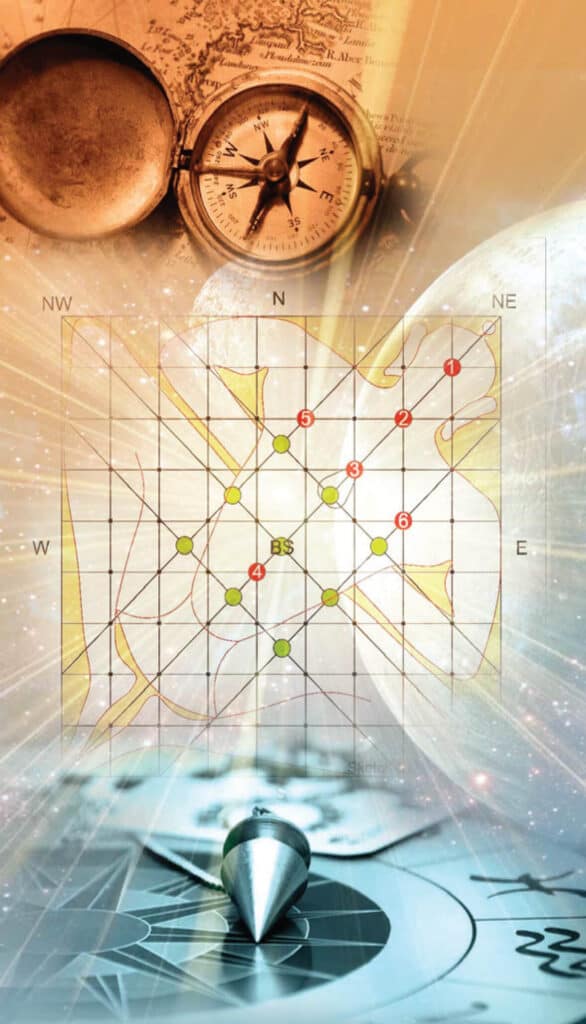
Traditional, Panch Tatva/ Five Elements, 9 Directions, Vastu Purush, Vedic
Traditional Vedic Vastu Shastra:
Panch Tatva/ Five Elements:
Vastu Shastra combines all the five elements (earth, wind, sky, fire, and water) of nature and balances them with human beings by directions rule. We all also aware of the close relationship of five elements[ Akash (SKY), Prithvi (EARTH), Paani (WATER), Agni (FIRE), and Vayu (WIND)] with the man and his environment. This five-element is connected to the man with a strong bond as per the Hindu calendar. According to old Indian Shastras, everything, human beings, substance, and animals, etc. are made of Panchabhoothas that five elements are the earth, wind, sky, fire, and water. We are closely connected with all these five elements. In this world, no one is given a proper place to all five elements according to integrity in their establishments. If we place these five elements at the proper place in our house, office, then our life will be full of happiness and prosperity. Vedic Vastu Shastra helps us to place all these five elements in the proper location and makes our life happy and successful.
9 Directions of Vastu:
As we already discuss that Vastu Shastra is the science-based on directional alignments. Each direction in Vastu plays a very important role in our life. There is a total of 9/ 10 directions, but only 8 directions are present. Every direction is allotted by an angle of 45 degrees. Vastu Shastra and Numerology are related to each other because of the directions. Every direction available in Vastu is governed by a particular planet.
Four main directions are:
2- South
3- East
4- West
Four sub directions (always in corners):
2- Southeast (Agneya)
3- Southwest (Nairutya)
4- Northwest (vayavya)
| Northwest Planet: Moon Lordship: Vayu Guests, Bathroom, Garage, animals | North Planet: Mercury Lordship: Kubera Mirrors(North wall), Jewels, children, family | Northeast Planet: Jupiter, ketu Lordship: Ishanya (Supreme Lord) Prayer, shrines, living room |
| West Planet: Saturn Lordship: Varuna Dining room, study Room, den | Center The Brahma Sthana is here. This area should only be used For a courtyard or a religious shrine. The human activity should be avoided. | East Planet: Sun Lordship: Surya Dining room, family room, Milk, oil, storage of ghee |
| Southwest Planet: Rahu Lordship: Nairutti Heavy furniture and item of house, Master bedroom | South Planet: Mars Lordship: Lord YAMA Overhead tanks | Southeast Planet: Venus or shukra Lordship: Agni Kitchen, puja room, study room Avoid placing mirror in this direction |
Vastu Purush:
The concept of Vastu Purush comes from the science of architecture, Vastu Shastra. Vastu Purush is the ruling Godness of architecture or structure. He is the lord of harmony among the residentiary area. In ancient Vastu, the idea of getting maximum benefits from houses by dealing with energies and influences of Planets, Chakras, 5 elements, and geometry of the architecture. People believed that Vastu Purush must be worshipped before starting any construction to live in harmony.
- OM: It is the symbol of the entire universe and Lord Shiva. It represents the 4 states of life, such as Vaishvanara, Taijasa, Prajna, and Turiya.
- Kalash: A Kalash with Holy Water, Mango leaves, and Coconut means fertility, abundance, and life.
- Godness Idols: All symbols of Godness Idols carry secret power against the darkness.
- Shree Yantra: This is the symbol of the Power of God.
- Shubh Labh: Both are sons of Lord Ganesha. They bring prosperity and auspiciousness.
- Gemstones: From ancient times, Gemstones play a vital role in life. They are a high source of energy. They are used to balance life and happiness.
- Trishul: It is the symbol of three Gunas: sattva, rajas, and tamas.
